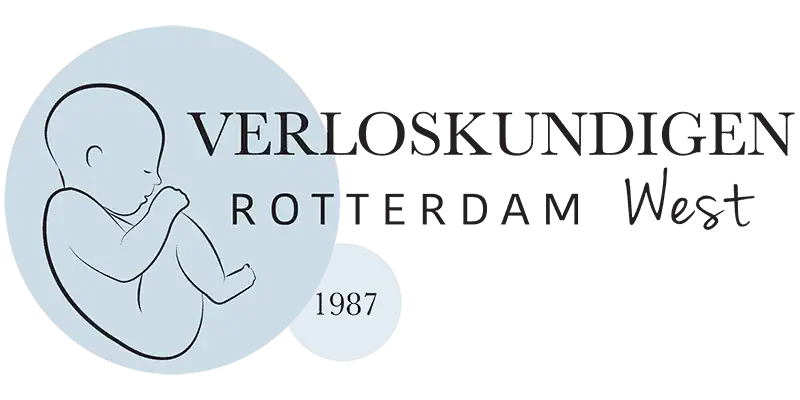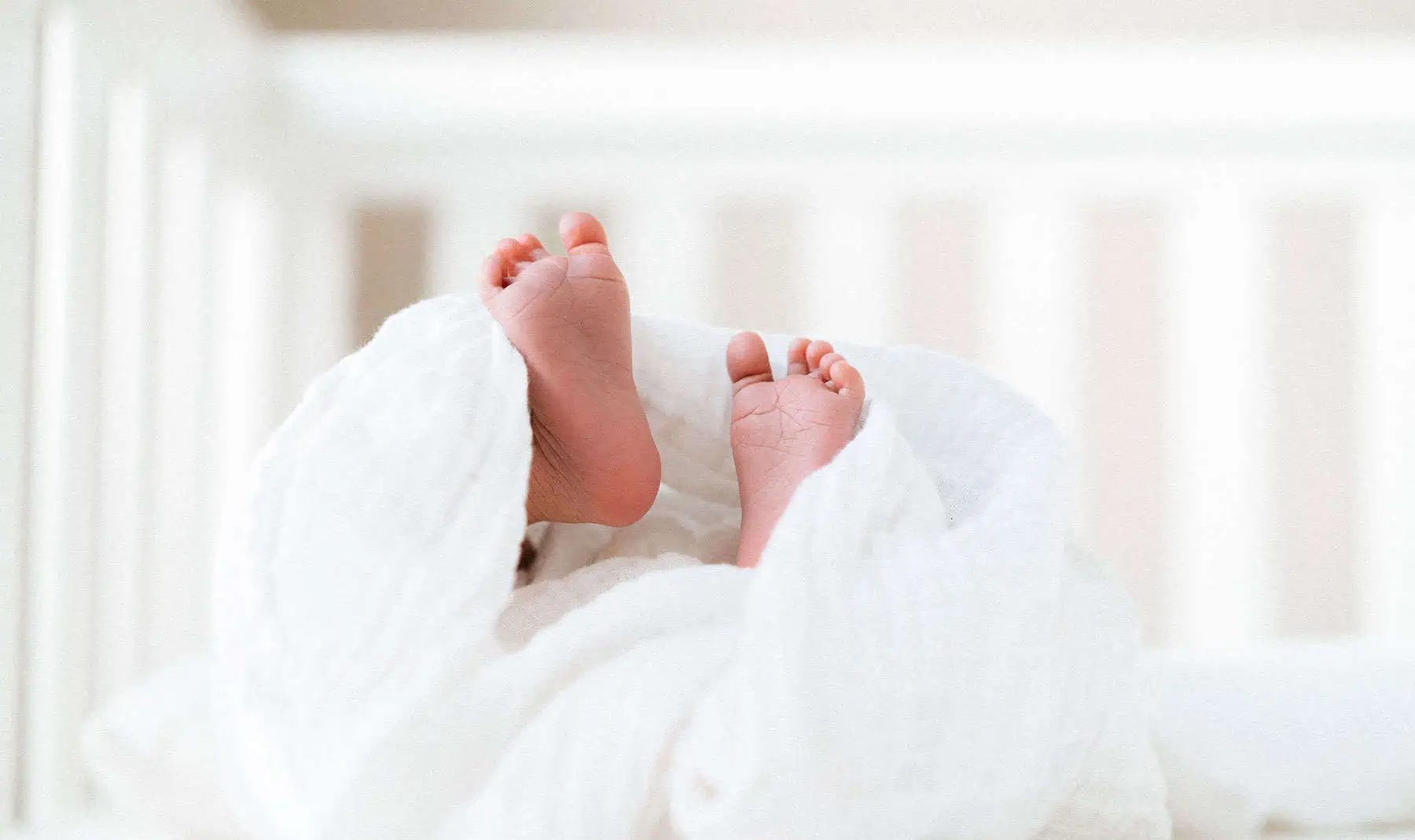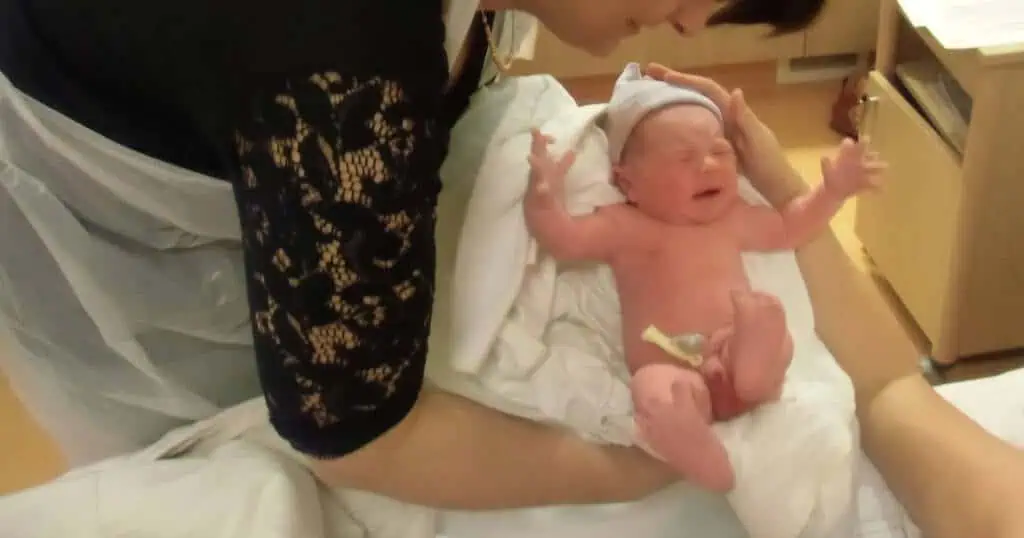Labour usually occurs between the 37th and 42nd week. Each labour starts differently, and how it continues is also dependent upon a number of factors. If you are having your first baby, labour is often harder, and takes longer. All subsequent labours tend to happen more smoothly and quickly.
when to call
- At the start of contractions
- 1st child (1 to 3 min)
- 2nd child ( 5 min)
- When your waters have broken
- Clear, and the baby has dropped (in the morning)
- Green, brown and any doubts (immediately)
- Baby has not dropped (lay down and call immediately)
- Excessive blood loss
- Anxiety/doubts
Emergency number: 010-4559709
labour can be split up into three phases:
Latent phase:
Normal labour usually begins with the latent phase. You will experience irregular contractions which are not yet very strong. In this phase your body is preparing itself for the imminent birth. Your cervix will soften and often undergo a change of form and position. Strong contractions are necessary to dilate the cervix. These contractions last longer (1-1.5 minutes) than early contractions, and occur more regularly – every 3 to 5 minutes. These contractions feel like a large cramping pain running through your abdomen, back and/or legs. The contractions become stronger and more painful as dilation progresses. During the final centimetres (8-10 cm), they are at their most intense. From this moment on we make sure one of our midwives is continuously present, as well as a maternity nurse. The midwife will perform an internal exam to see how dilated you are.
Active phase:
From 10 cm dilation, your baby may be born. The contractions change in force and length, ready to push the baby through the birth canal, giving you the urge to push at their most intense. This active phase will late for 30 to 90 minutes. For subsequent children this stage will only last between 5 to 30 minutes.
Delivery of the placenta:
After the baby is born, the placenta follows. Via contractions the placenta detaches from the uterine wall. With a little help delivery of the placenta often happens within 30 minutes after the birth. It is a strange feeling but it does not really hurt. The uterus contracts and feels like a hard ball under your navel.


